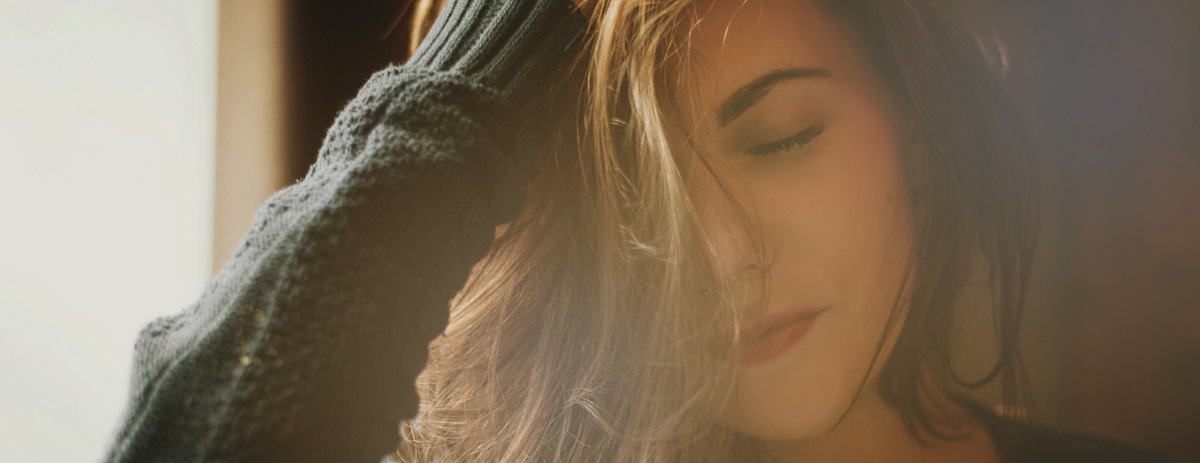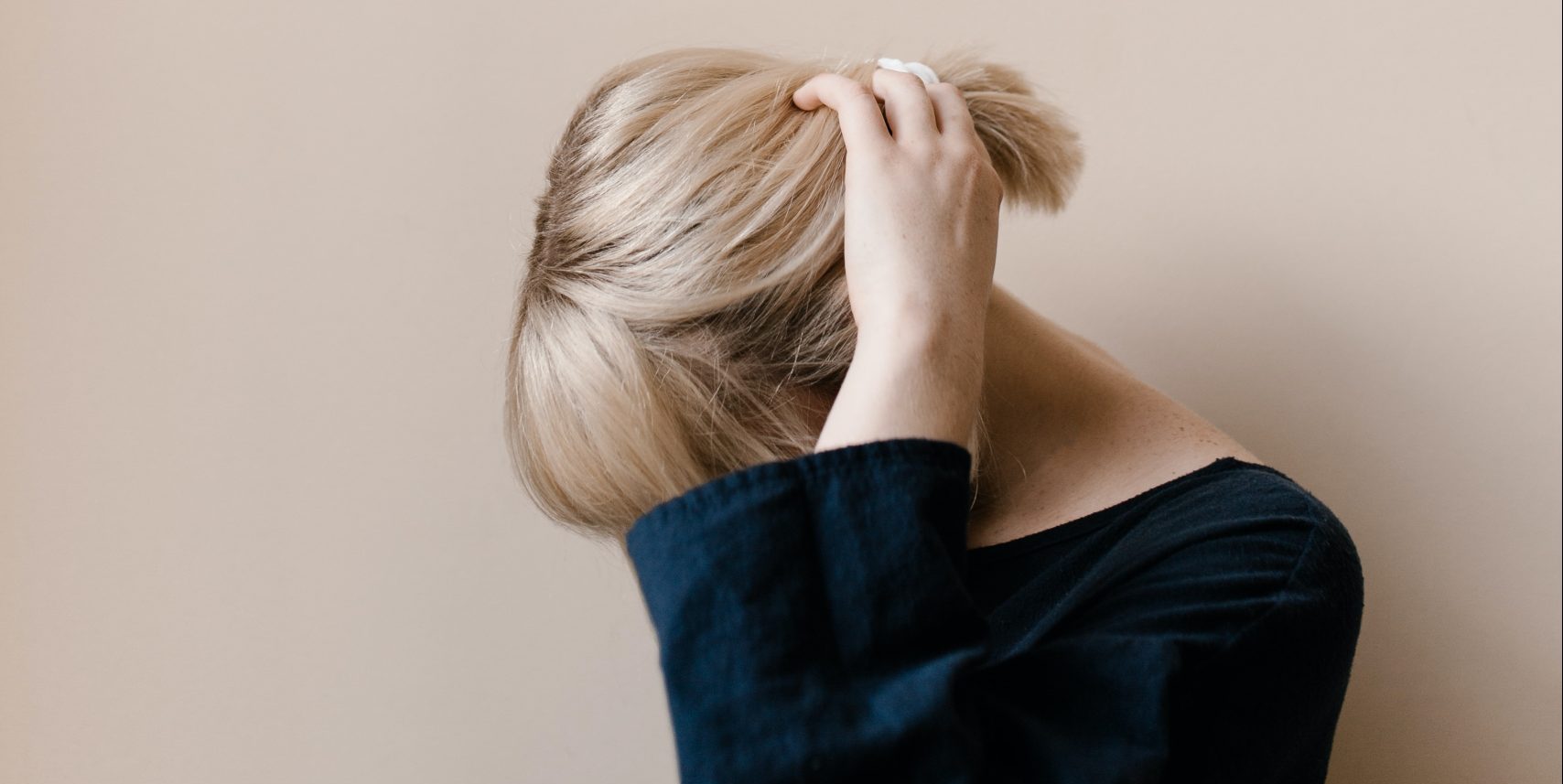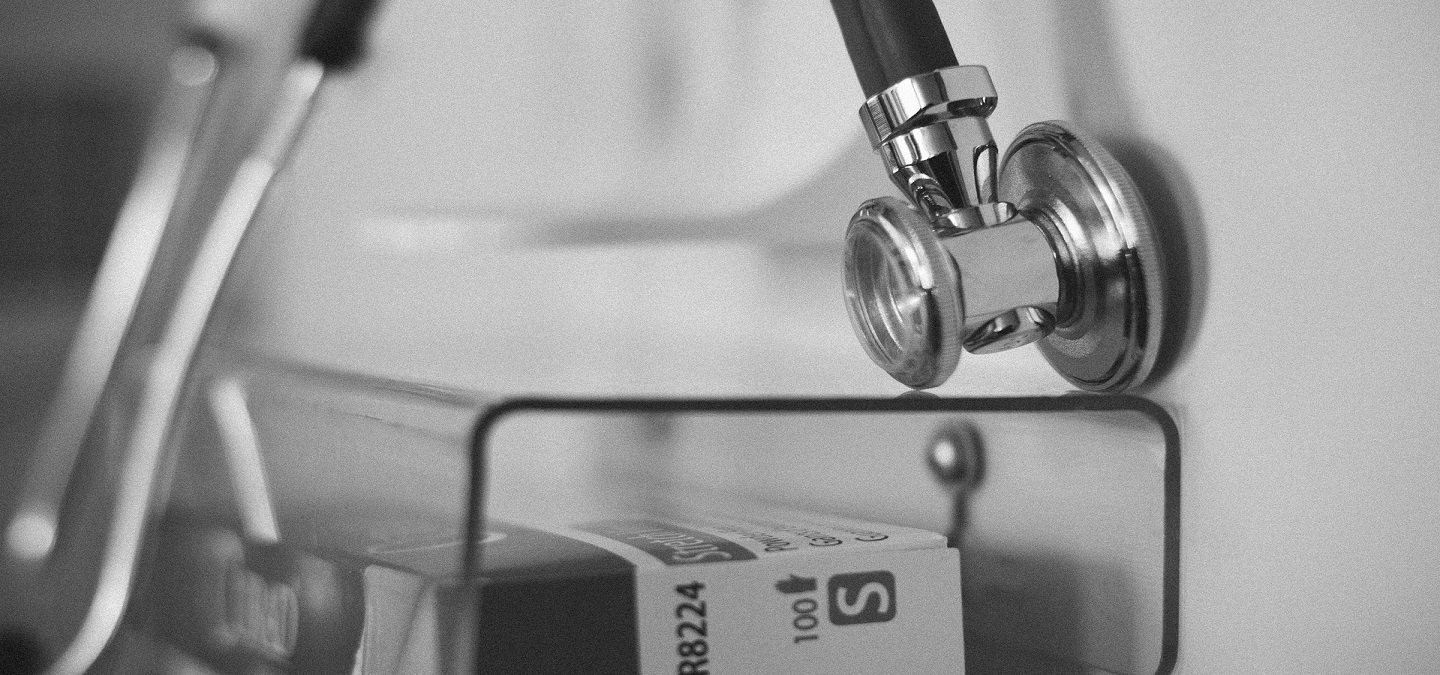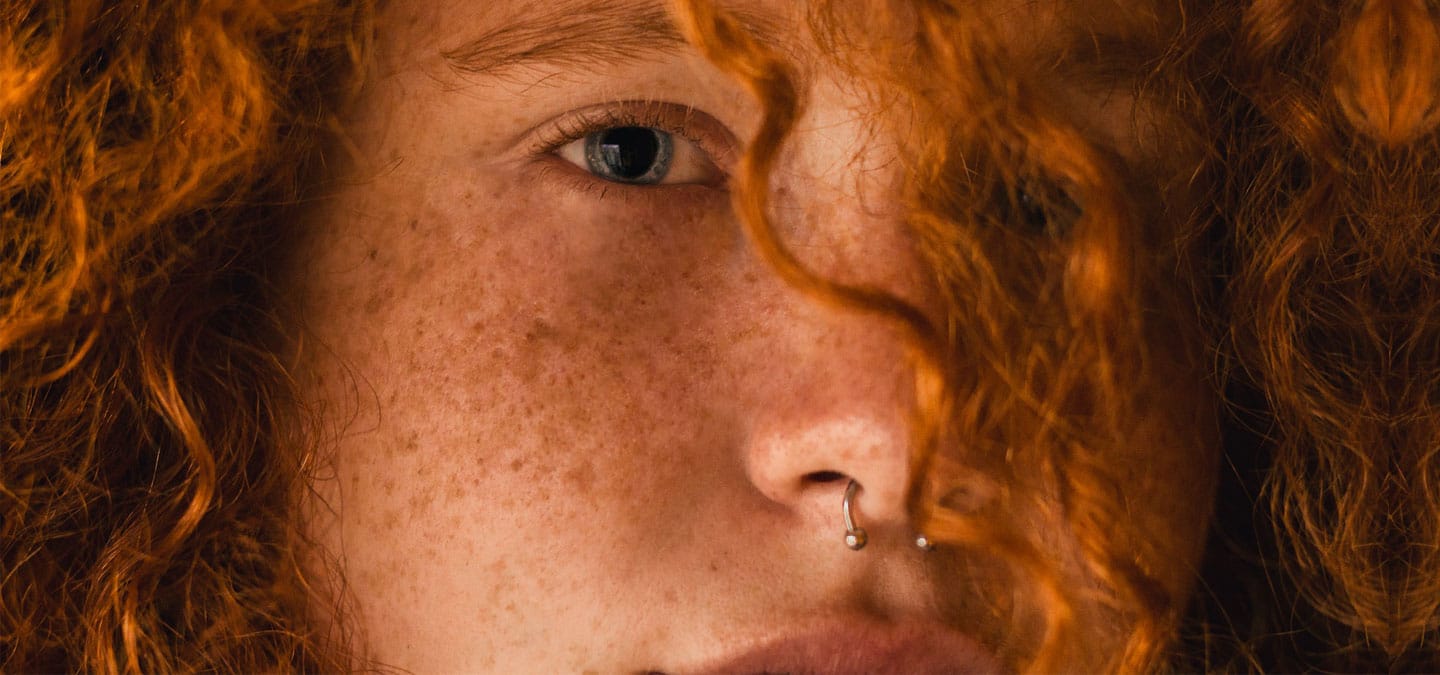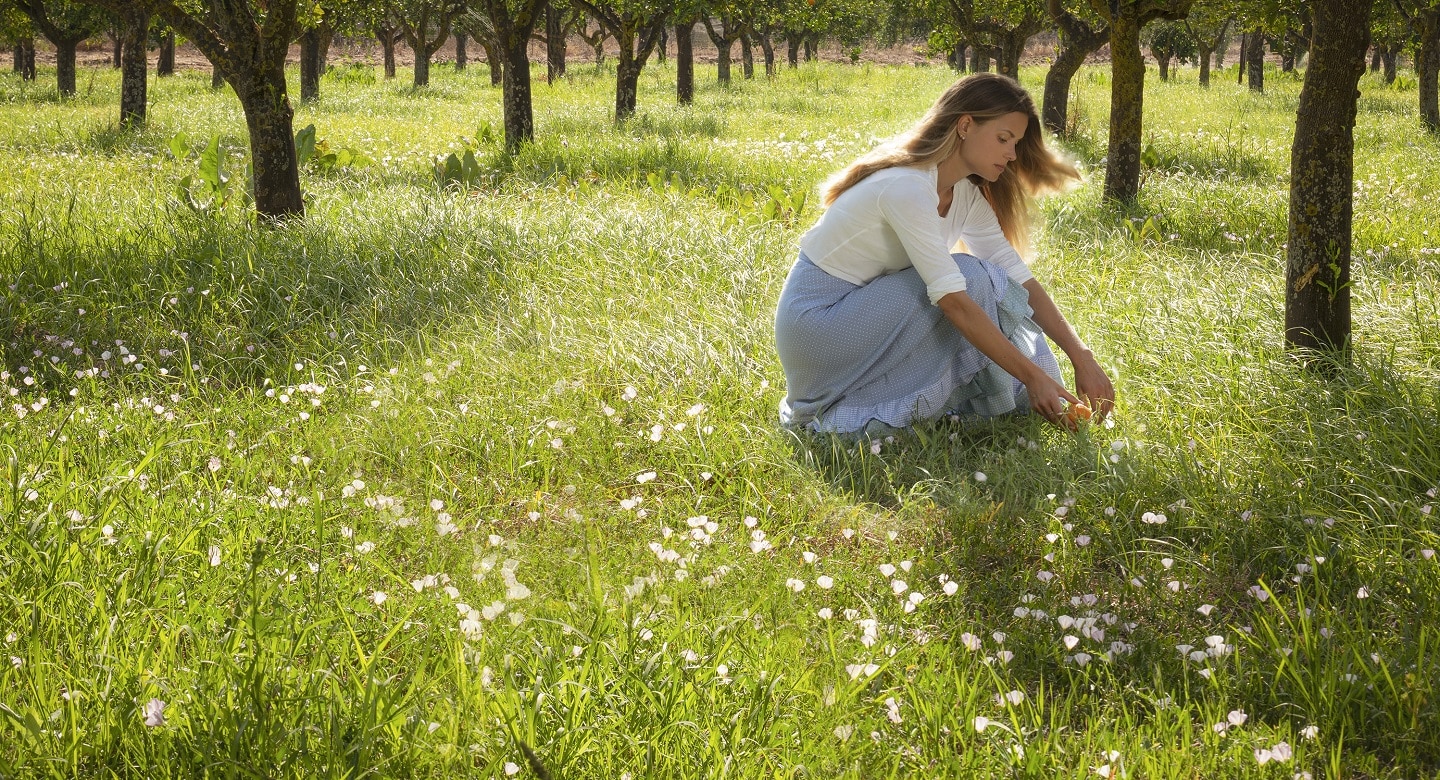In pursuit of the Northern Lights
Since the beginning of human history, the elusive Northern Lights have inspired artists and puzzled scientists in equal measure. As we reach the peak of a solar cycle in 2024, chances of witnessing the spellbinding spectacle of the Aurora Borealis dramatically increase. In this article, our Editor-in-Chief, Julia Pasarón, explains why.
Our sun is just a giant ball of electrically-charged gases. As their molecules move, they generate a magnetic field, which follows a certain pattern of activity over time – on average, around 14 years. We know this as a solar cycle, whose peak occurs in the 11th to 12th year. At its highest point, we hit a solar maximum. This moment is marked by the north and south poles of the Sun switching places – when the direction of the magnetic field flips. The process takes a few months to complete, often bringing with it dramatic spikes in solar flares and storms from the corona (the outermost part of the Sun’s atmosphere). Sunspots are an obvious indicator. Their number has increased recently, and is expected to peak throughout 2024 and 2025.
All…







